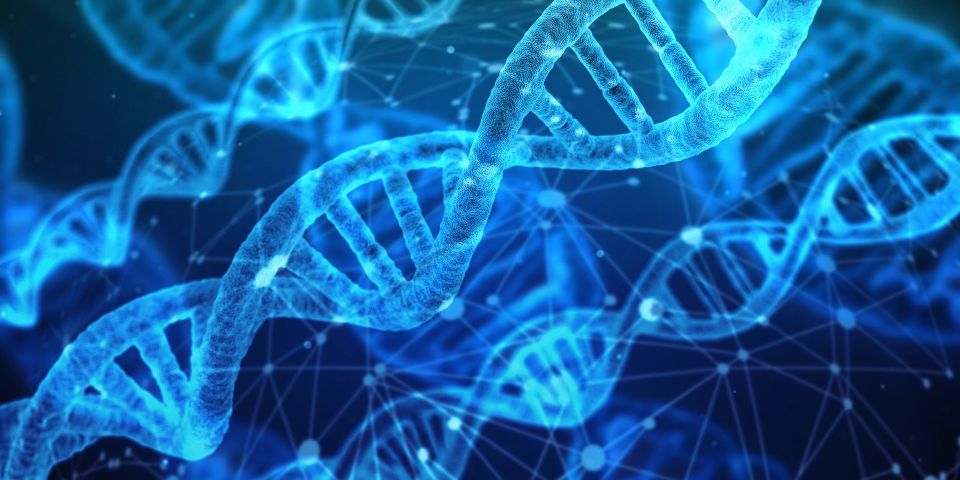Recent studies suggest that the food you eat could modify your genes, and your children’s genes.
It has long been said that ‘you are what you eat.’ This expression is now more meaningful than ever.
In 2017 Nestle convened esteemed experts in human and animal health to talk about the future of nutritional science. According to an article published by Renee Morad, for Nestle through Scientific American, one theme to emerge was the epigenetic impact of diet and lifestyle on individual health.
Epigenetics is the study of changes in organisms caused by modification of gene expression rather than alteration of the genetic code itself. This describes changes in gene expression that can pass from parent to child that do not involve changes to the underlying DNA sequence but do affect how cells read the genes.
Epigenetics studies show how different biological and environmental signals affect gene expression.
A person’s diet is an important source of epigenetic signals and scientists are now investigating how eating habits modify gene expression in adults and their children. Understanding that relationship could help researchers identify nutritional elements that might help prevent or treat diseases such as obesity, diabetes, coronary artery disease, cancer and Alzheimer’s.
According to Irma Silva-Zolezzi, the Maternal Nutrition Platform Leader at the Nestle Research Center, “It’s critical to understand the role of nutrition in trans generational health, particularly between mother and child.”
Epigenetics impacts cell differentiation and shapes how cells function in the long term, making it vital to understanding how nutrition during pregnancy may impact MULTIPLE generations.
“Nutrition, exercise and other environmental factors are just part of the puzzle that affects an individual’s risk to develop particular conditions or disease,” Silva-Zolezzi says.
What we eat today is critical to our current health, however, “you are what you eat” could just as accurately be stated “you are what your ancestors ate.” There is a tremendous variation in what foods humans can thrive on, depending on genetic inheritance.
Studies indicate that people develop negative health issues when they abandon the traditional foods and active lifestyles of their ancestors for Western diets and lifestyle (sedentary lifestyle).
For most of us, our ancestors ate and were adapted to a plant-based diet. That means we should eat more plant-based foods and stay away from processed foods because they really are unhealthy for us, and potentially unhealthy for our future generations.

